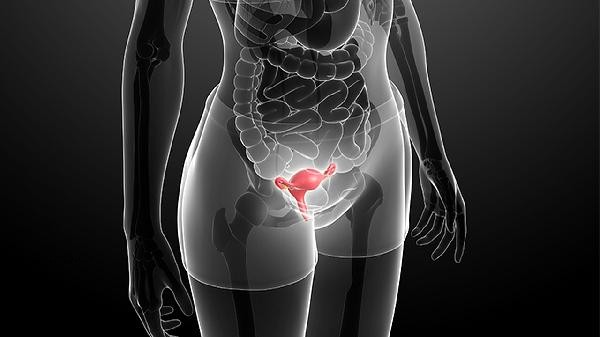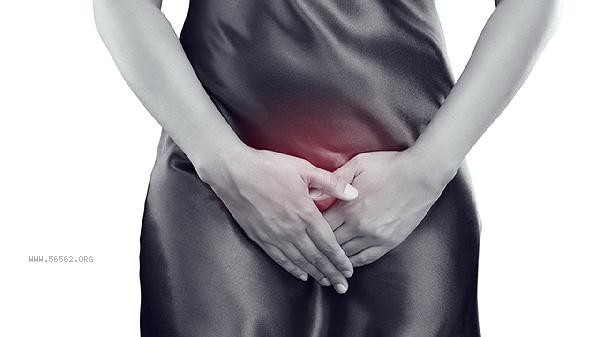Cervical canal pregnancy is generally not recommended for medical abortion and usually requires surgical intervention. Cervical canal pregnancy refers to a special type of ectopic pregnancy where the fertilized egg implants in the cervical canal, which can easily lead to serious complications such as massive bleeding. Medical abortion is mainly suitable for early intrauterine pregnancy, with limited effectiveness and high risk for cervical canal pregnancy. Due to the unique anatomical location of cervical canal pregnancy, drug-induced abortion may result in incomplete expulsion of pregnancy tissue, leading to persistent bleeding or infection. The cervical canal has abundant blood supply, and uncontrollable massive bleeding may occur during medical abortion, endangering the patient's life. Clinical management mainly relies on surgery, such as cervical canal incision for embryo retrieval or uterine artery embolization combined with curettage, which can effectively reduce the risk of bleeding. A very small number of cases of cervical canal pregnancy attempt medical abortion under strict monitoring, requiring conditions such as small gestational sac diameter and low blood HCG levels. But even if the conditions are met, it still needs to be performed in medical institutions with emergency blood transfusion and surgical conditions, and the success rate is much lower than that of intrauterine pregnancy medical abortion. The patient may experience adverse reactions such as severe abdominal pain and significant vaginal bleeding, and immediate surgical treatment is required. After being diagnosed with cervical canal pregnancy, hospitalization should be sought to avoid strenuous activities to prevent cervical tearing and bleeding. Regular follow-up of blood HCG levels to normal range is required after surgery to observe menstrual recovery. Strictly use contraception within six months, and it is recommended to undergo cervical function evaluation before another pregnancy. Pay attention to perineal hygiene in daily life, seek medical attention promptly if there is abnormal bleeding or abdominal pain, and be alert to the possibility of another ectopic pregnancy.








Comments (0)
Leave a Comment
No comments yet
Be the first to share your thoughts!